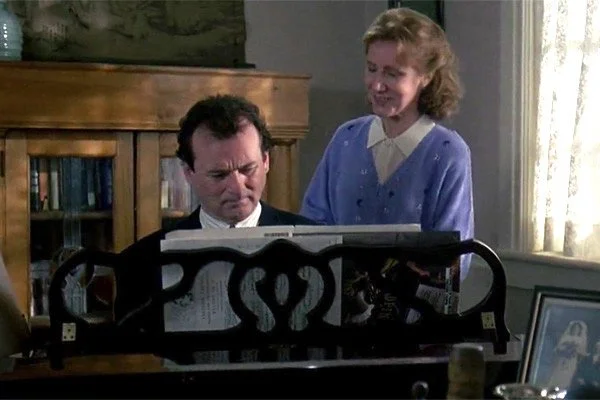Wearing God
“Rather, clothe yourselves with the Lord Jesus Christ.”— Romans 13:14 NIV.
There are over one hundred biblical passages about clothing, and many, like this one, refer to putting God on as if we were wearing God. I recommend Lauren Winner’s book called Wearing God. She reminds us that God made clothing for them even as Adam and Eve left paradise. (Genesis 3:8-15). God clothes us, asks us to clothe others, and when we do, tells us we are clothing God. (Matthew 25).
What we wear communicates a great deal about who and what we are. We feel and often act differently depending on the clothes we wear. My experience is when I put on my clothes, I often remember an occasion when I last wore them, and I feel differently than before I put them on. I have many clothes I should give away, but I cannot because I look at them and remember a lasting experience I had wearing them. They are like a scrapbook of times when I was with others or alone and knew I was loved and cared for by the God of love.
Many people in Mourner’s Path, our grief recovery group, talk of wearing a piece of clothing of their loved one who has died, often a shirt. The smell, the feel, brings them closer to that person.
I particularly remember wearing a black shawl one New Year’s Eve when I walked a labyrinth at Christ Church. Suddenly, I felt the love of my deceased grandmothers wrapping around me, keeping me safe, loved, and warm like the shawl around my shoulders.
I also remember the first Sunday after my ordination. I stayed late at St. Margaret’s talking with friends and was late meeting my extended family, still celebrating at a Chinese restaurant for brunch. I was pushing my way through the crowded restaurant to meet my family, and suddenly remembered, “I am now wearing a clerical collar. Perhaps I should not push my way through restaurants anymore!” I slowed down.
Two more clothing verses.
“Put on the whole armor of God, so that you can stand against the devil’s schemes.” (Ephesians 6:11 NIV) I often keep this Ephesian passage with me when I go into a difficult situation.
Another passage from Colossians explains even more the meaning of wearing the armor of God and what we can take to those demanding situations. “Therefore, as God’s chosen people, holy and dearly loved, clothe yourselves with compassion, kindness, humility, gentleness, and patience.” (Colossians 3:12). This is a quite different coat of armor Paul tells us to wear.
Here is a suggestion. For the next week, as we dress, buttoning our shirts, zipping up our dresses, pulling up our socks, hose, and pants, putting on our shoes, consciously imagine we are putting on God, wearing Christ, especially compassion, kindness, humility, gentleness, and patience, as Paul suggests. Could that possibly make any difference in how we feel about ourselves/or how we treat others just for that day?
Joanna. https://www.joannaseibert.com/




